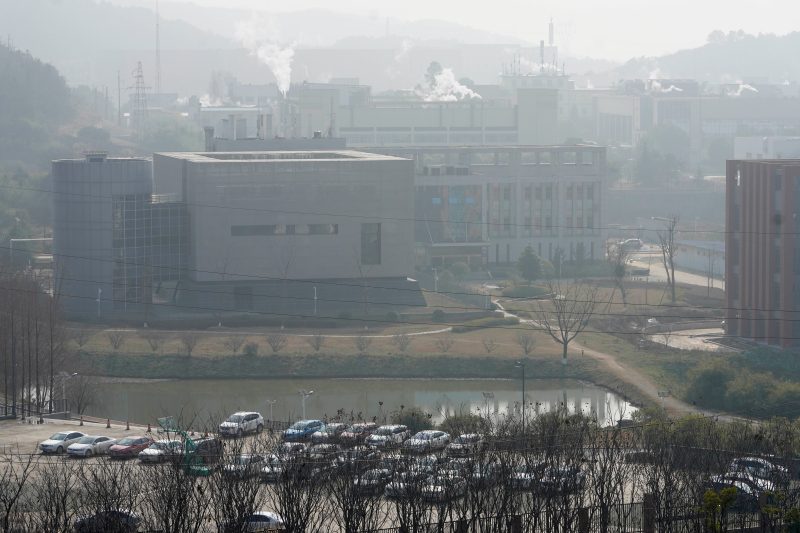
How the covid lab leak became the American public’s predominant theory
For the second time in a week, a new poll shows Americans leaning strongly toward the belief that the coronavirus leaked from a lab rather than occurring naturally.
The Quinnipiac University poll shows Americans side with the former view by 64 percent to 22 percent. And just last week, an Economist/YouGov poll showed an even stronger split in favor of a lab leak: 66-16.
The polls come shortly after it was reported that the Energy Department concluded the virus was probably a function of a lab leak. Republicans have played up that conclusion as they’ve ramped up congressional probes of the virus’s origins and related issues — even as the Energy Department’s conclusion is described as “low confidence,” and intelligence agencies as a whole remain decidedly split on which theory is more likely.
There is no question that the lab leak theory is ascendant in Americans’ minds, despite the scientific community and some in the media having cast plenty of doubt upon it early on.
But it’s also true that this has clearly been an attractive theory for many Americans for a long time.
The first big-name pollster to test this question was the Pew Research Center. It asked the question in mid-March 2020, shortly after the first covid deaths in the United States were reported. At the time, 43 percent believed the virus came about naturally, but about 3 in 10 thought it was created either intentionally or accidentally in a lab.
And as soon as a few months later, those views were effectively tied in Americans’ minds in another poll in September 2020, after President Donald Trump and others had promoted the theory. A Public Religion Research Institute poll then showed 50 percent thought it was developed intentionally in a lab, while 49 percent thought it developed naturally.
Another PRRI poll six months later showed more skepticism of the lab leak theory, with only about 4 in 10 backing it. But by June 2021, a Politico-Harvard poll showed Americans embracing it by a nearly 2-to-1 margin, 52-28.
As The Washington Post’s Dan Diamond noted recently, by this point many Trump critics had begun treating this as more of an open question. The Biden administration launched a 90-day investigation of the virus’s origins in May 2021 (it was inconclusive). And shortly before the June 2021 poll went into the field, comedian Jon Stewart went viral for a bit playing up the possibility.
“Science has, in many ways, helped ease the suffering of this pandemic,” Stewart said, before adding for effect, “which was more than likely caused by science.”
The reasons this has long been an attractive theory are self-evident, and Stewart’s bit hit on a number of them. Among them are that it’s a relatively simple-sounding theory to address a complex issue. (It’s much easier to grasp the idea that something so deadly was created intentionally — or leaked intentionally — rather than that it somehow just happened.) It also carries the benefit of designating a bona fide culprit for something people were, and are, understandably angry about. China’s lack of transparency has undoubtedly increased suspicion.
And indeed, if you look a little more closely, you can see views in favor of a lab leak taking off even earlier.
The Economist and YouGov have actually asked this question repeatedly over time, but in a different way than others. Rather than pit a lab leak against natural transmission, it asked, “Regardless of whether or not the virus responsible for COVID-19 was created or naturally mutated, do you believe it is true or false that a laboratory in China was the origin of the virus?”
This question allowed people to believe a lab was responsible without necessarily believing the virus was deliberately created (which to many people might sound like the more-conspiratorial “bioweapon” theory). And as early as May 2020, YouGov showed Americans leaned in the direction of a lab playing some role. Half favored it, while just 3 in 10 thought it was false that a lab was involved.
Given that Americans arguably already favored a lab leak theory at that very early juncture, it shouldn’t be too surprising that it’s become such a strong favorite — even as it’s not yet such a strong favorite within the government and the scientific community.
